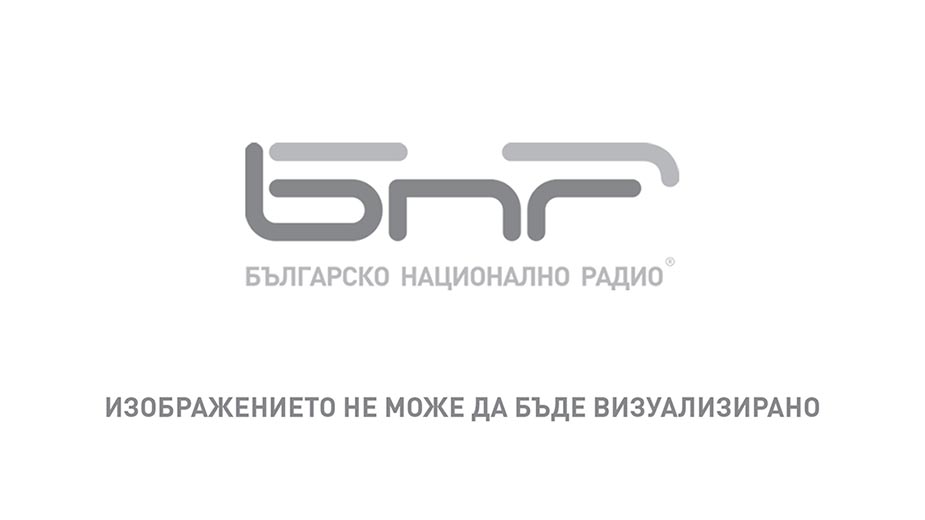
Bulgaria’s entry into the Schengen area and the EU’s new economic programme which goes by the name of “The Juncker plan”, named after the man who came up with it - European Commission President Jean-Claude Juncker – these were the main talking points at a meeting that brought together representatives of the government and of businesses.
Four projects worth a total of EUR 300 million have been approved for financing under the Juncker plan to date. The funding will be granted by the European Investment Bank and the projects are for extending an airport in Croatia, 14 health care centres in Ireland, a research and development health care initiative in Spain and an industrial innovation project in Italy.
As to Bulgaria’s part in the Juncker plan, Deputy Prime Minister Meglena Kuneva makes the following prediction:
“What Bulgarian businesses will decide to do is yet to be seen, but judging by the way the IT sector has been developing, I think they will be the first to make a breakthrough. It is important that we draft a very good public procurement act, because that is what will really give businesses a chance to gain experience by working on projects.”
As to the mechanism by way of which Bulgarian companies shall apply for financing under the Juncker plan, Meglena Kuneva says that discussions have been held with InvestBulgaria Agency Executive Director Stamen Yanev on setting up a national assistance fund that will not provide state aid but will function along the lines of the Juncker plan. One more way to assist Bulgarian businesses will be online platforms that will be created after discussions with representatives of the real economy sector, with the principal partners for their creation being the Bulgarian Development Bank, the Ministry of Economy and the InvestBulgaria Agency.
In the words of Deputy Prime Minister Meglena Kuneva, Brussels has tightened Bulgaria and Romania’s Schengen membership criteria tremendously. This means new requirements with regard to the fight against terrorism and the reform in the judiciary.
“Sharing information through Europol and Eurojust has been going ahead successfully for many years. The world is now much more dangerous and for Bulgaria to remain outside the zone of enhanced security, the Schengen area, is not a good thing for us or for Europe,” Meglena Kuneva says.
She is not ruling out the country’s Schengen entry taking place along the so-called blue borders first (by air and water) and only then – by land. Bulgaria has one international airport – Sofia and and another two international airports in Varna and Bourgas - that is why meeting the requirements will not be a problem. There will be two more meetings of the Council of the EU this year – in June and in October. Final visits are forthcoming to Finland, Holland and Germany. Nonetheless, Kuneva declined to name a specific date for the country’s possible accession to Schengen.
The questions raised by the representatives of businesses were connected with specific problems such as the amendments to the Public Procurement Act, by force of which specific activities shall continue to be commissioned to companies, owned by people with disabilities. According to the real economy sector, self-regulation by interbranch organizations is envisaged within the EU and it is up to the contracting authority to choose which public contract to commission to enterprises owned by people with disabilities. A proposal has been submitted for drafting a set of rules for what is known as the Blue Card – a work permit issued to foreign nationals from third countries, whose skills are in demand in Bulgaria.
English version: Milena Daynova
Butter and vegetable oil are the products that have increased in price the most over the year. The retail price of vegetable oil will range between 3 and 5 BGN (EUR 1.5-2.5) per liter until the new harvest. The value of the small consumer basket,..
The assets of private pension funds have reached EUR 13 billion. According to data from the Financial Supervision Commission, they have increased by more than 20% compared to the same period last year. As of September 30, 2024, the number of..
There has been an upsurge in the economy in every region of Bulgaria, the effects of the Covid crisis have been overcome, tourism has fully recovered, which is evident in Bulgarian seaside regions and spa resorts - this is the conclusion that is drawn..
Butter and vegetable oil are the products that have increased in price the most over the year. The retail price of vegetable oil will range between 3..

+359 2 9336 661
